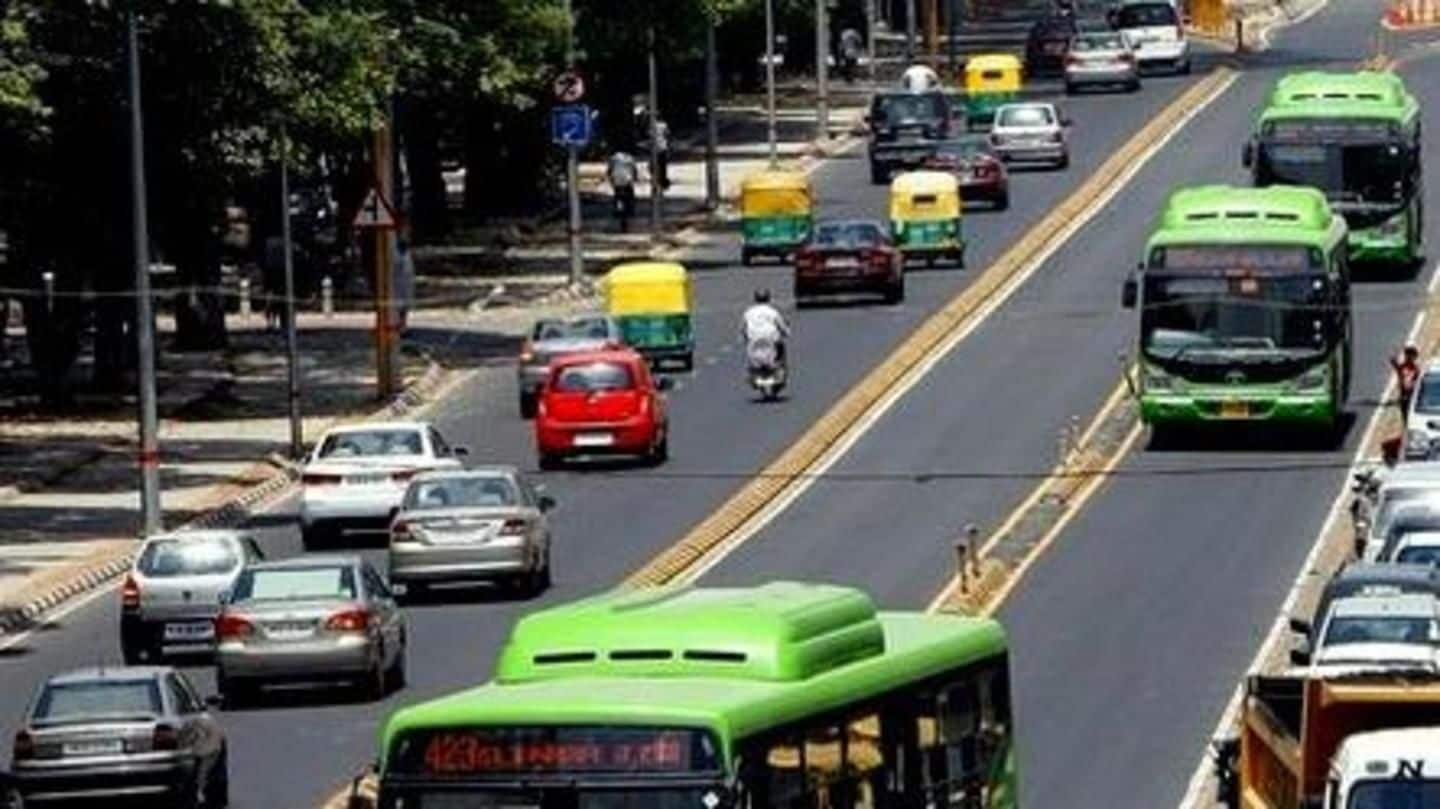
Delhi government to use 'better-than-CNG' fuel for buses
What's the story
After a Supreme Court directive, the Delhi government is mulling using the cleaner HCNG fuel, a blend of hydrogen and CNG, in 50 buses as part of a pilot project. The Supreme Court, on Monday, had asked the Delhi government to look into the feasibility of using zero-emissions and cost effective hydrogen-run buses, instead of procuring electric buses. Here's more on it.
Court directive
What the apex court told the Delhi government
The Supreme Court directive comes at a time when the Delhi government is already poised to procure electric buses. The apex court had said that hydrogen buses were running successfully in other countries, and that procuring them wouldn't be a problem, considering that the Tata Group had already started manufacturing such vehicles. The Delhi government, however, said such a process would be long-drawn.
Delhi buses
Delhi government has already finalized a proposal for electric buses
The Delhi government has already finalized plans to procure 960 electric buses at a cost of Rs. 2-2.5cr each. Given that proposal has been finalized, the Delhi government told the SC that it would explore the feasibility of using HCNG fuel in its present fleet, instead of buying a new purely hydrogen-run fleet. Delhi already has a low-floor CNG bus fleet, introduced in 2001.
Hydrogen v/s HCNG
How is HCNG different from hydrogen buses?
Hydrogen buses produce only water and heat, making them the cleanest. Notably, Tata Motors is already developing hydrogen buses in India. In comparison, the HCNG fuel (18-20% hydrogen blended with CNG) which the Delhi government is thinking of using, isn't completely clean, but gives off lower emissions compared to CNG. It also gives 4-5% better mileage.
Quote
CNG buses will have to be slightly modified
"Hydrogen is extracted from methane and blended with CNG to create HCNG whose carbon emission is far lesser than CNG...Indian Oil has a laboratory in Faridabad where HCNG is produced. We'll need to modify our CNG-run buses slightly to use this fuel," said an official.